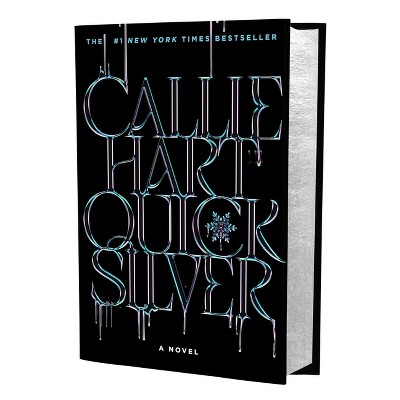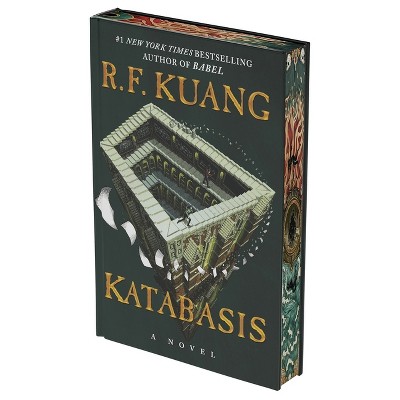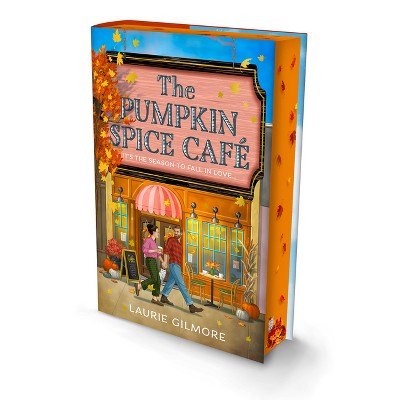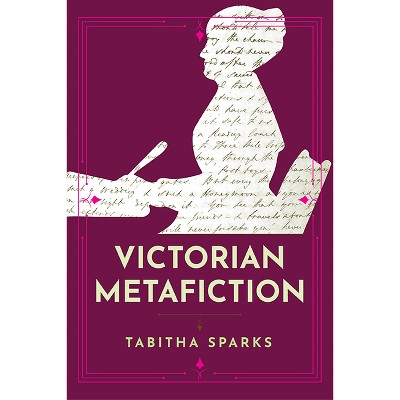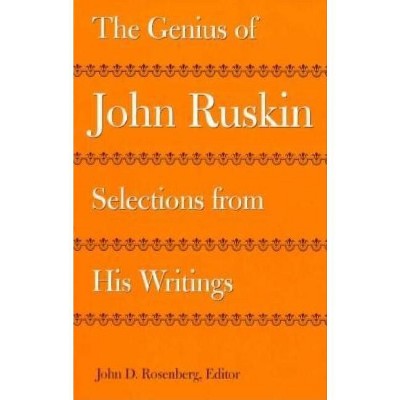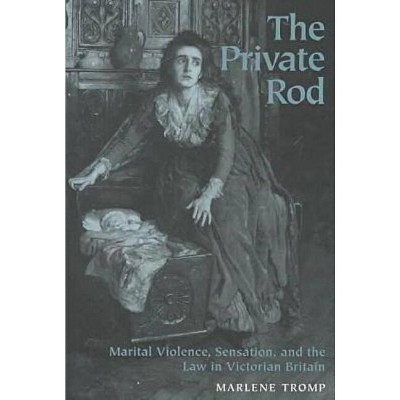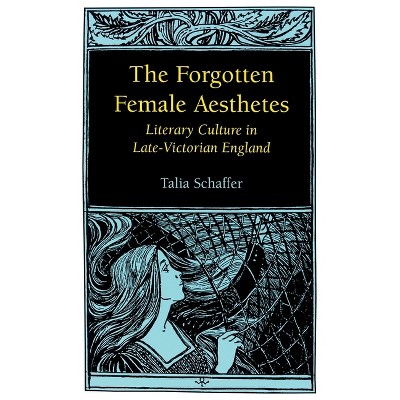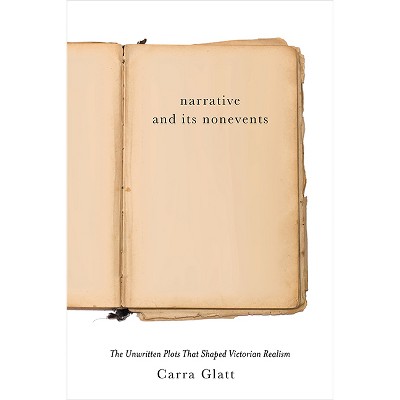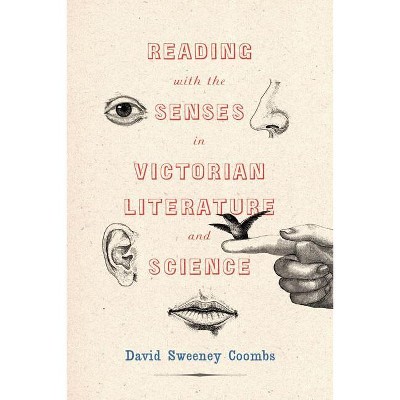Victorian Metafiction - (Victorian Literature & Culture (Hardcover)) by Tabitha Sparks (Hardcover)

About this item
Highlights
- Critics agree in the abstract that "metafiction" refers to any novel that draws attention to its own fictional construction, but metafiction has been largely associated with the postmodern era.
- About the Author: Tabitha Sparks is Associate Professor of English at McGill University, the editor of several books, and the author of The Doctor in the Victorian Novel: Family Practices.
- 212 Pages
- Literary Criticism, European
- Series Name: Victorian Literature & Culture (Hardcover)
Description
About the Book
"This book identifies the literary technique of metafiction in numerous novels by women writers (including Charlotte Brontèe, Rhoda Broughton, Charlotte Riddell, and Eliza Lynn Linton) and argues that women used metafictional self-consciousness to draw the reader's attention to the book, and not the novelist. This counters a long-standing tradition that has read novels by women writers as heavily autobiographical and confessional"--Book Synopsis
Critics agree in the abstract that "metafiction" refers to any novel that draws attention to its own fictional construction, but metafiction has been largely associated with the postmodern era. In this innovative new book Tabitha Sparks identifies a sustained pattern of metafiction in the Victorian novel that illuminates the art and intentions of its female practitioners.
From the mid-nineteenth century through the fin de siècle, novels by Victorian women such as Charlotte Brontë, Rhoda Broughton, Charlotte Riddell, Eliza Lynn Linton, and several New Women authors share a common but underexamined trope: the fictional characterization of the woman novelist or autobiographer. Victorian Metafiction reveals how these novels systemically dispute the assumptions that women wrote primarily about their emotions or were restricted to trivial, sentimental plots.
Countering an established tradition that has read novels by women writers as heavily autobiographical and confessional, Sparks identifies the literary technique of metafiction in numerous novels by women writers and argues that women used metafictional self-consciousness to draw the reader's attention to the book and not the novelist. By dislodging the narrative from these cultural prescriptions, Victorian Metafiction effectively argues how these women novelists presented the business and art of writing as the subject of the novel and wrote metafiction in order to establish their artistic integrity and professional authority.
Review Quotes
In lively, forthright, and jargon-free language, Victorian Metafiction provides a more nuanced picture of Victorian women's fiction by tackling the long-standing critical tendency to read novels by women through the author's life, thereby underestimating a woman's imaginative power and artistic detachment. Charting the experimental and innovative techniques of these female novelists, Sparks shows how Victorian women writing metafiction moved literature significantly forward.
--Juliette Atkinson, University College London, author of Victorian Biography Reconsidered: A Study of Nineteenth-Century 'Hidden' LivesDespite its theoretically complex and abstruse subject, Victorian Metafiction is admirably clear and incisively argued. It also offers an important corrective to the widespread critical assumption that women's fiction only became truly self-aware and liberatory with the emergence of modernist writers like Virginia Woolf, Gertrude Stein, and Jean Rhys. . . Victorian Metafiction compellingly traces the contours of an overlooked but significant transformation that was socially constitutive in its aesthetic innovation.--Victorian Studies
About the Author
Tabitha Sparks is Associate Professor of English at McGill University, the editor of several books, and the author of The Doctor in the Victorian Novel: Family Practices.

